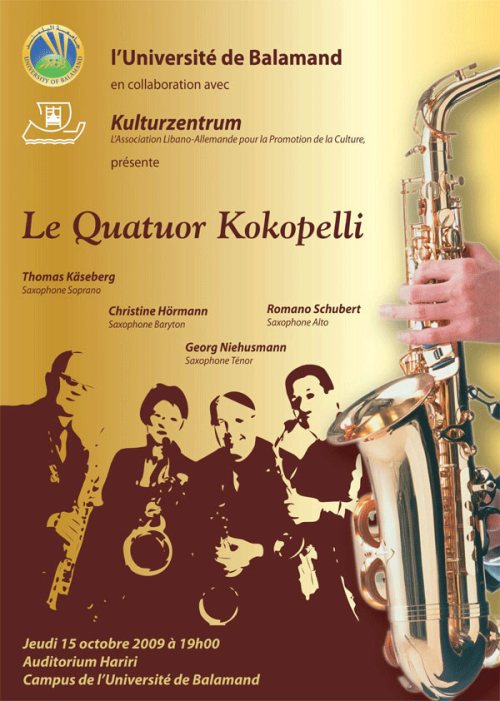 Once upon a time in a land far, far away (from Lebanon), a putrid stench polluted the air. The residents of the land found nothing odd about the willful blackening of the lungs in which so many of them partook. They smoked in offices. They smoked in cars. They smoked in houses. They smoked in bars. They smoked in courtrooms, hospitals, and planes without a bad thought in their little brains. They smoked in buildings far and wide unconcerned by their suicide.
Once upon a time in a land far, far away (from Lebanon), a putrid stench polluted the air. The residents of the land found nothing odd about the willful blackening of the lungs in which so many of them partook. They smoked in offices. They smoked in cars. They smoked in houses. They smoked in bars. They smoked in courtrooms, hospitals, and planes without a bad thought in their little brains. They smoked in buildings far and wide unconcerned by their suicide.One cold January day in 1964, the land's wizard produced a report that woke the sleeping citizens up from their toxic naps. Smoking and Health: Report of the Advisory Committee to the Surgeon General held cigarette smoking responsible for a 70 percent increase in the mortality rate of smokers over non-smokers. The report was front page news. Some say many of the citizens stopped their filthy habit overnight as a result of this report.
Warning labels were placed on packages of the cancer sticks to inform citizens of the plague they could bring upon themselves were they to continue to blacken their lungs. As it became evident that one did not have to actually suck on the sticks to get the plague, buildings began to designate areas where smoking was allowed. As time went on, even these areas were eliminated. Then, whole realms within the land passed laws forbidding smoking in restaurants, bars, and public places.
Finally, the citizens could breathe. Sure, there were some who complained, and it took a little bit of adjustment for others, but in the end, it really didn't matter all that much to the smokers that they had to go outside to smoke. Now, people are pretty happy with their clean air. They can come home after a night out and not have their clothes reek of smoke.
Across the ocean in an ancient land, an attempt was made to replicate what the others had learned years ago. It seems most cooperated, but some, apparently, thought by sticking the polluters on one side of a restaurant, that some magical barrier would prevent the toxic air from floating to those who wished for clean lungs.
A civil society organization wants permanent change. Stop Smoking Lebanon is an initiative of Rotary Club of Lebanon. They've created an online petition to make restaurants, bars, cafes, and other public places have non-smoking sections.
Here's the Baldati page.
Here's the Facebook page.
Online petitions aren't enough. If you really want to breathe clean air, you have to get involved. You have to knock on doors. You have to call politicians. You have make people aware of the dangers of what they are doing. It is the essence of a democratic society.
I hear Lebanese say it all the time - they'll never get rid of the smoking because it's part of the culture. Well, it was part of American culture, too. Back in 1964 when the report came out, 42% of all Americans smoked. Today, it is less than 25% and we don't have to suffer through the disgusting smell and lung blackening smoke of others in many states, including here in DC.
Keep up the good fight, Lebanon!
Check out the Economist's report on smoking in the Middle East.
Independence 05 writes about why no smoking day failed.
The Cedar Tree's take.
Ain't No Smoking page.





 Lebanon knows this, as it is going through the process right now. Not a block in Beirut is passed without a towering crane removing the wreckage of the past and replacing it with the splendor of the future, not a city stands tall whose monumental ruins do not hold the promise of better days ahead, not a vault in a bank is opened without the thought that yes, Lebanon can be a place where people live in peace and people want to visit and people come to adore. People will come. People have come, a
Lebanon knows this, as it is going through the process right now. Not a block in Beirut is passed without a towering crane removing the wreckage of the past and replacing it with the splendor of the future, not a city stands tall whose monumental ruins do not hold the promise of better days ahead, not a vault in a bank is opened without the thought that yes, Lebanon can be a place where people live in peace and people want to visit and people come to adore. People will come. People have come, a 








